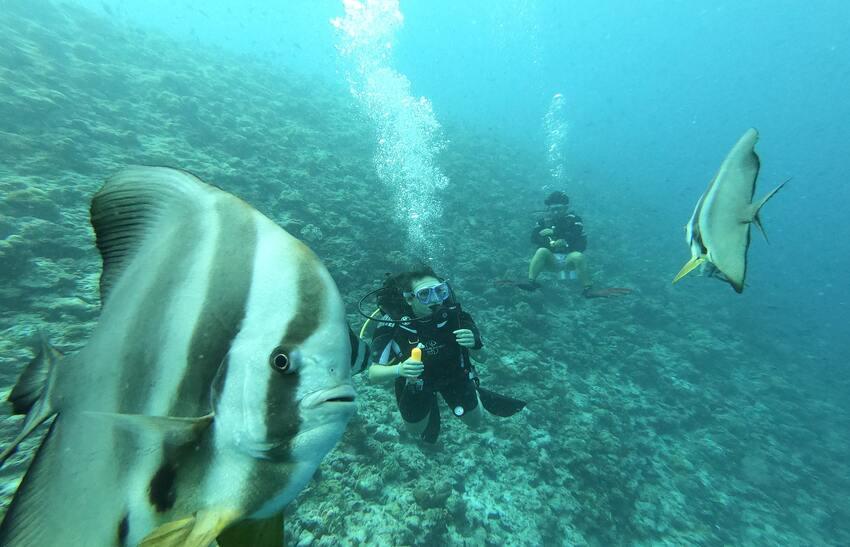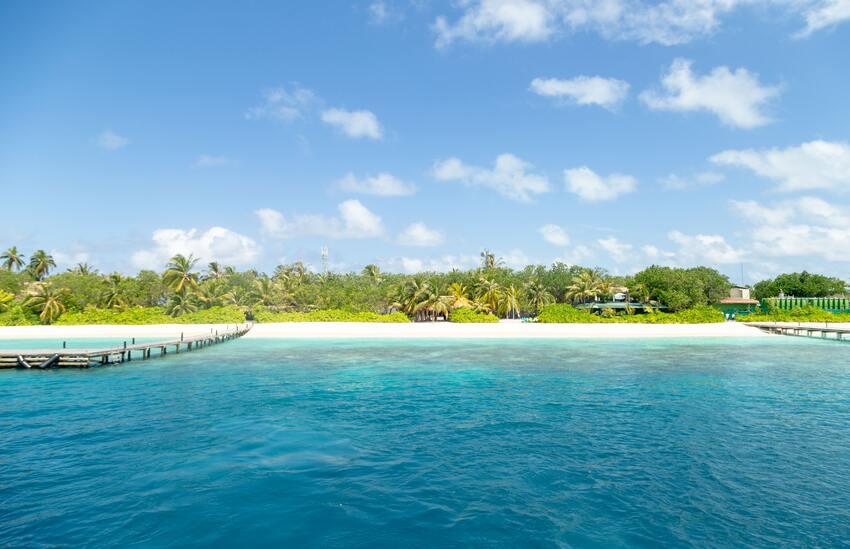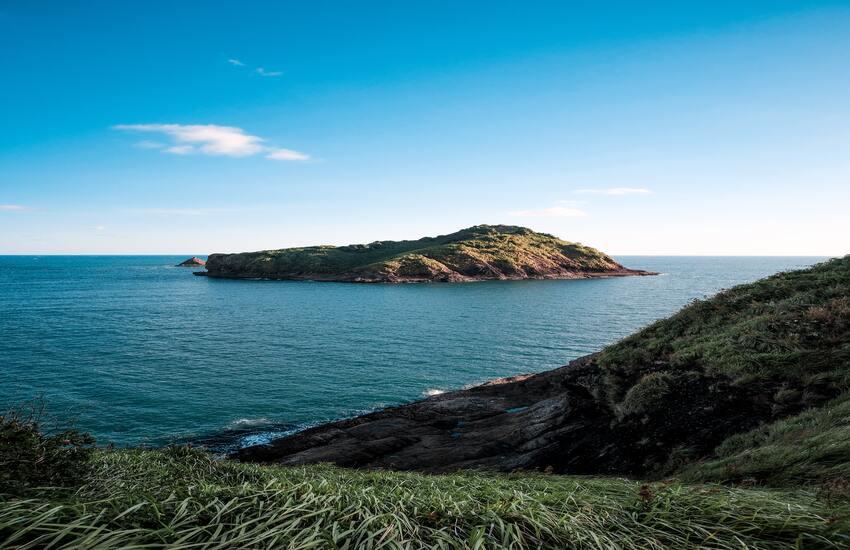If you’re an adventure seeker looking for an exhilarating underwater experience, scuba diving in Goa is an absolute must-try. The beautiful coastal state of Goa in India offers an enchanting opportunity to explore the underwater world like never before. From vibrant coral reefs to diverse marine life, scuba diving in Goa is an adventure that promises memories of a lifetime. In this article, we will take you through the entire journey of scuba diving in Goa, step by step.

What is Scuba Diving?
Before diving into the details, let’s understand what scuba diving is all about. Scuba diving is a recreational activity that allows individuals to explore the underwater world using self-contained underwater breathing apparatus (SCUBA). With scuba gear, divers can breathe underwater and swim freely while discovering the mesmerizing marine life beneath the surface.
The Appeal of Scuba Diving in Goa
Goa, known for its stunning beaches and vibrant nightlife, also offers a unique experience for scuba diving enthusiasts. The crystal-clear waters of the Arabian Sea, coupled with an abundance of marine biodiversity, make Goa a popular scuba diving destination. Whether you’re a beginner or an experienced diver, Goa has something to offer for everyone.
Best Time to Go Scuba Diving in Goa
To make the most of your scuba diving experience in Goa, it’s important to choose the right time to visit. The best time for scuba diving in Goa is during the months of October to May when the weather conditions are favorable, and the waters are calm. The monsoon season, from June to September, is not suitable for diving due to rough sea conditions.
Scuba Diving Sites in Goa
Goa boasts several fantastic scuba diving sites that cater to divers of all levels. Let’s explore some of the most popular sites:
Grande Island

Grande Island, located off the coast of Vasco da Gama, is a hotspot for scuba diving enthusiasts. The island offers an incredible underwater experience with its vibrant coral reefs and a wide variety of marine life. Diving here will give you a chance to witness colorful fish, sea turtles, rays, and even shipwrecks.
Pigeon Island

Pigeon Island, situated near Palolem Beach, is another popular scuba diving site in Goa. The island is known for its diverse marine ecosystem, including colorful coral formations and a plethora of fish species. Exploring the underwater world around Pigeon Island will leave you mesmerized by the beauty and tranquility of nature.
Bat Island

Bat Island, located a short distance from Vasco da Gama, is a hidden gem for scuba diving enthusiasts. As the name suggests, this island is home to a large population of bats, but beneath the surface lies a hidden world teeming with marine life. From vibrant corals to schools of tropical fish, Bat Island offers a unique and awe-inspiring scuba diving experience.
Equipment and Training for Scuba Diving
Equipment and Training for Scuba Diving
To ensure a safe and enjoyable scuba diving experience, it’s essential to have the right equipment and proper training. Here’s what you need to know:
Basic Equipment : Before diving, you’ll need scuba gear, including a wetsuit, mask, fins, regulator, and a buoyancy control device (BCD). It’s crucial to ensure that your equipment fits properly and is in good condition.
Scuba Diving Certification : If you’re new to scuba diving, obtaining a certification is a must. Various organizations offer internationally recognized certifications, such as PADI (Professional Association of Diving Instructors) or SSI (Scuba Schools International). These courses provide comprehensive training on dive theory, equipment usage, and safety protocols.
Safety Precautions for Scuba Diving
Safety should always be a top priority when engaging in any adventure activity, including scuba diving. Here are some important safety precautions to follow:
- Dive with a certified and experienced instructor or dive master.
- Conduct a pre-dive safety check of your equipment.
- Follow the buddy system and never dive alone.
- Ascend slowly and follow proper decompression procedures.
- Be aware of your surroundings and avoid touching or damaging the marine life.
- Stay hydrated and avoid alcohol consumption before diving.
The Scuba Diving Experience in Goa
Once you’re equipped with the necessary knowledge and gear, it’s time to dive into the breathtaking underwater world of Goa. Here’s what you can expect from your scuba diving experience:
Underwater Marine Life : The waters surrounding Goa are teeming with a diverse array of marine life. From vibrant tropical fish to graceful sea turtles, you’ll have the opportunity to encounter various species up close. Keep your eyes peeled for colorful corals, majestic rays, and even the occasional sighting of dolphins.
Coral Reefs : Goa’s coral reefs are a sight to behold. These underwater ecosystems are home to a myriad of coral species, creating a vibrant and colorful underwater landscape. Swimming alongside these mesmerizing structures is a truly immersive experience that will leave you in awe of nature’s wonders.
Scuba Diving Packages and Cost
Scuba diving packages in Goa cater to both beginners and experienced divers. The cost varies depending on factors such as the duration of the dive, the number of dives, and additional services included. On average, a single dive can cost between INR 2,500 to INR 4,000, while packages for multiple dives are also available.
Tips for a Memorable Scuba Diving Experience
To make the most of your scuba diving adventure in Goa, consider the following tips:
- Relax and breathe calmly underwater to conserve energy.
- Take your time to observe the marine life and appreciate the underwater scenery.
- Communicate with hand signals and maintain good visibility with your buddy.
- Capture memories with underwater photography, but remember to prioritize safety and environmental protection.
- Stay hydrated and nourished before and after diving to avoid dehydration and fatigue.
- Plan your dives according to your experience level and physical capabilities.
- Respect the marine environment by not touching or disturbing the marine life and corals.
Leave a Reply